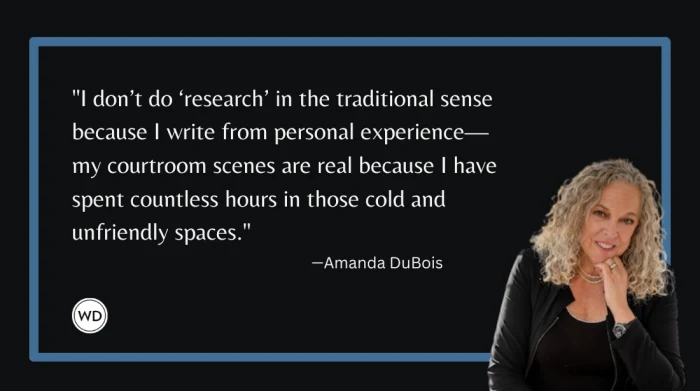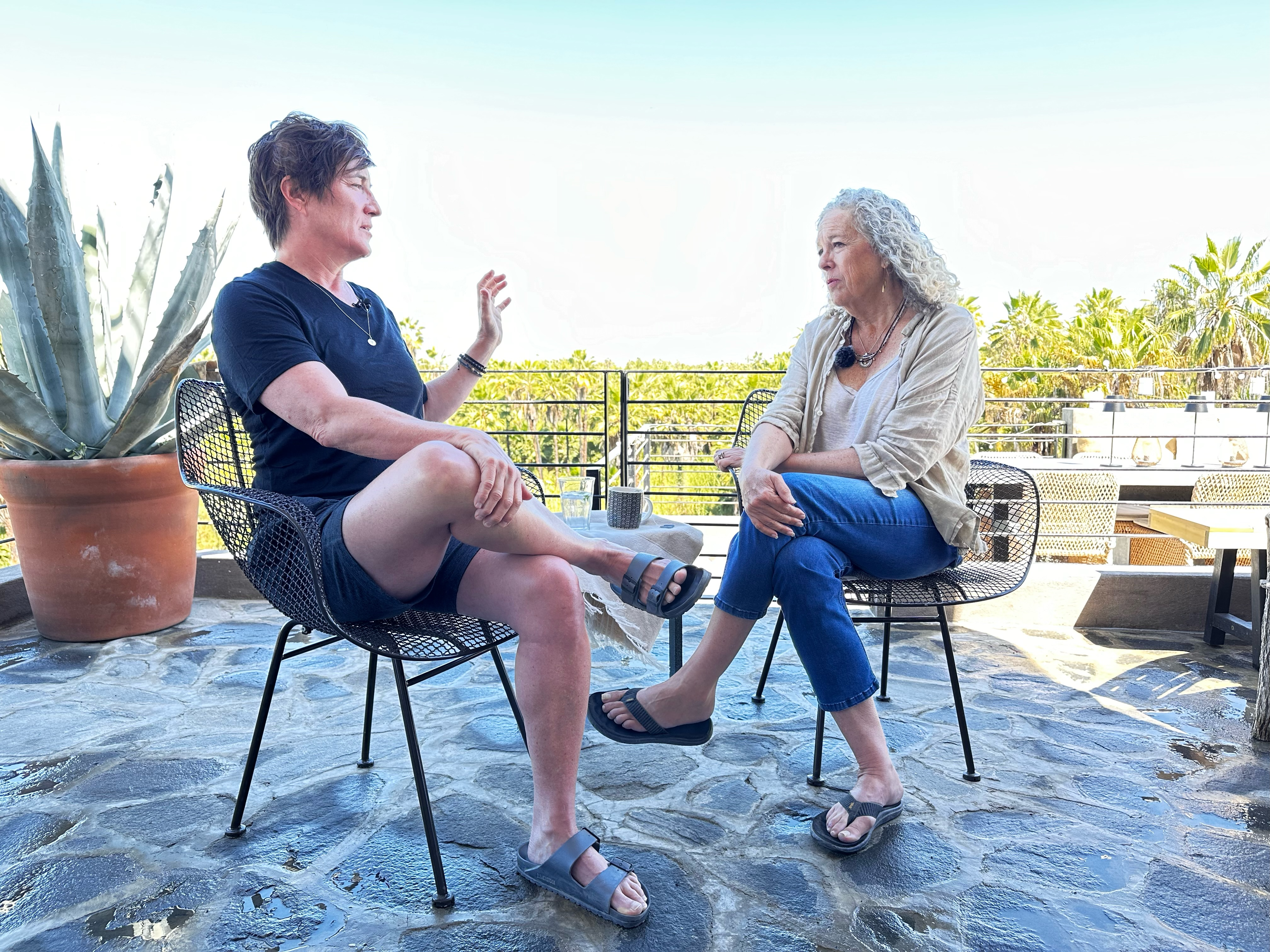

For me, writing isn’t just about crafting a narrative; it’s about shedding light on the profound realities people face. I’m a practicing lawyer, and I get mad about what’s wrong with our legal system. Rather than deciding what to write about and then embarking on research, I‘m inspired to write about legal situations that my clients or friends have faced, and then I write from my direct experience of that injustice.

My advice to women presidents and entrepreneurs struggling to build their teams? Hire formerly incarcerated workers.
By tapping into the – often ignored and overlooked – market of those impacted by the criminal legal system, my business has had a competitive edge of dedicated, skillful, and empathetic employees that deliver results for our business’s bottom line.

According to Amanda, the pursuit of wealth shouldn’t be the end goal. Instead, one should find fulfillment and balance by aligning work with personal values. She believes success, balance, and eventually, wealth, stem from being authentic and passionately striving for an outcome because of genuine care and interest.

In my experience, most people who are applying for jobs post-incarceration are serious about transforming their lives. When seeking candidates for open positions, I encourage fellow entrepreneurs to connect with networks like the Formerly Incarcerated College Graduates Network. Look beyond their records and recognize the valuable life experiences and motivations they bring to the table.

The Sally P. Savage Leadership in Philanthropy Award. Sally Savage led the Bar Foundation’s renaissance and was a catalyst for its refocused mission to sustain the WSBA’s effort to advance justice and diversity. Her clarity, expertise and vision helped establish a path for enduring support of a strong bar association that provides statewide leadership on matters of profound importance to the profession and the citizenry. Sally’s spirit of generosity and leadership continue to inspire all who recognize the transformative potential of philanthropy. Philanthropy means “love of humanity” and focuses on private initiatives for the public good, focusing on quality of life. Sally Savage emulated this spirit of philanthropy in her life, and it is in her memory that we continue to honor donors, volunteers and friends of the Washington State Bar Foundation who embody Sally’s spirit.
Amanda, thanks for taking the time to share your stories with us today. How did you come up with the idea for your business?
My business as a lawyer is inextricably intertwined with my non profit work and my books, so I’ll answer it this way. Several years ago, I wrote a series of books related to basic legal rights and responsibilities, and I ended up teaching the content to a group of people that had been in prison.

Law school primarily prepares lawyers for the practice of law. But leading or starting a law firm requires so much more than that. It requires the entrepreneurial skills that any CEO would need to run a business; How to manage personnel, how to hire and fire, how to generate leads, how to advertise, how to manage finances, etc. On the business side of law, what does an attorney need to know to create a successful and thriving law practice? To address these questions, we are talking to successful law firm principals who can share stories and insights from their experience about the “5 Things You Need To Create Or Lead A Successful Law Firm”.


